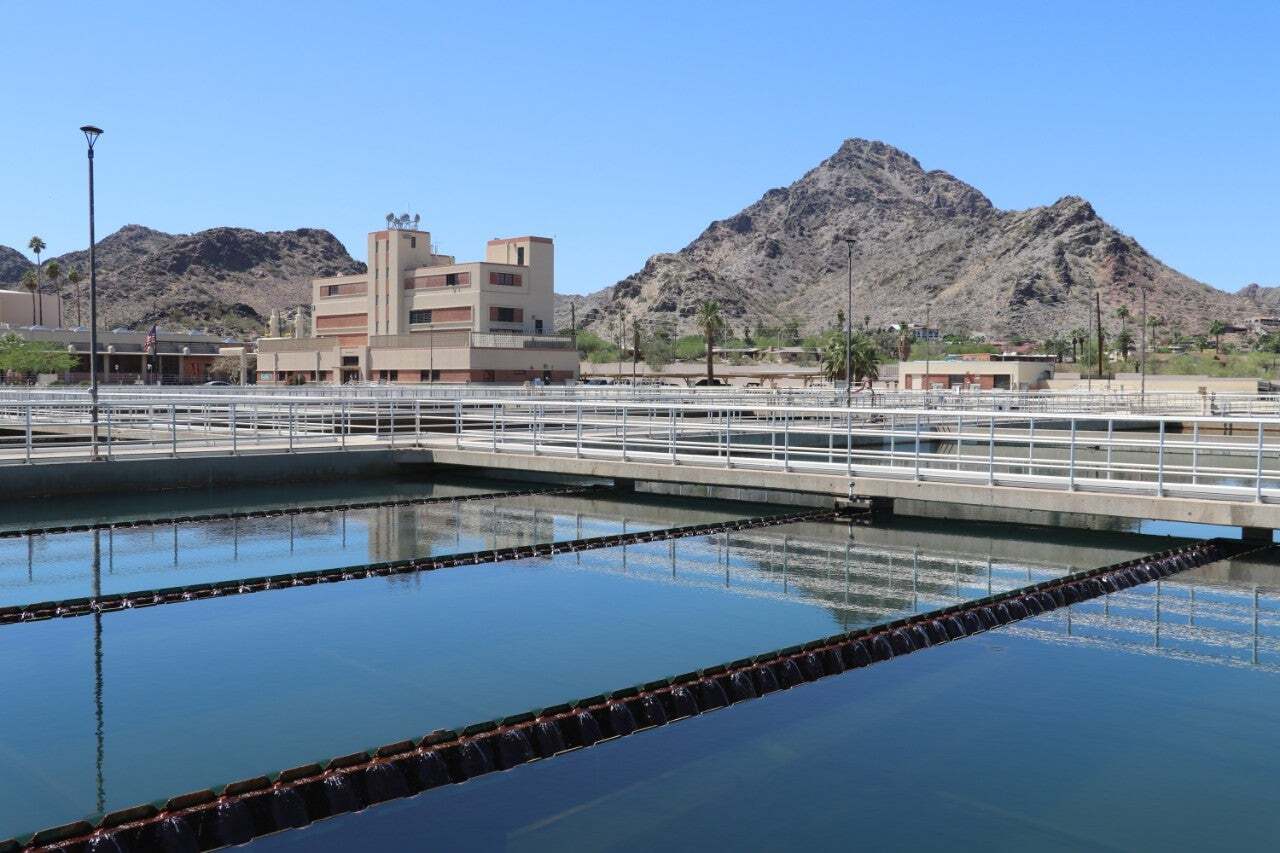Curious Water Conservation Projects In Phoenix Arizona

Phoenix, Arizona, a city known for its scorching heat and desert landscape, faces unique challenges when it comes to water conservation. With limited rainfall and growing population, innovative solutions are crucial. Have you ever wondered how this bustling metropolis manages its water resources? From cutting-edge technology to community-driven initiatives, Phoenix has become a leader in sustainable water practices. In this article, we'll explore some of the most curious water conservation projects in Phoenix, Arizona. These projects not only help preserve precious water but also serve as models for other cities facing similar issues. Get ready to be inspired by the ingenuity and dedication of those working to keep Phoenix hydrated.
Curious Water Conservation Projects in Phoenix, Arizona
Phoenix, Arizona, a city known for its scorching summers and arid climate, has become a hub for innovative water conservation projects. These initiatives aim to ensure a sustainable water supply for future generations. Let's take a closer look at some of these fascinating projects.
Urban Water Harvesting
Urban water harvesting involves capturing and reusing rainwater and stormwater. This method helps reduce the demand on the municipal water supply and mitigates flooding.
Watershed Management Group
This organization promotes rainwater harvesting through workshops and community projects. They install rain gardens, cisterns, and other systems to capture and reuse rainwater.City of Phoenix Rainwater Harvesting Program
The city offers incentives for residents to install rainwater harvesting systems. These systems collect rainwater from rooftops and store it for later use in gardens and landscapes.
Advanced Irrigation Techniques
Efficient irrigation is crucial in a desert city like Phoenix. Advanced irrigation techniques help conserve water while maintaining lush landscapes.
Smart Irrigation Controllers
These devices adjust watering schedules based on weather conditions and soil moisture levels. They ensure plants receive the right amount of water, reducing waste.Drip Irrigation Systems
Drip irrigation delivers water directly to the roots of plants, minimizing evaporation and runoff. This method is highly efficient and ideal for Phoenix's dry climate.
Reclaimed Water Systems
Reclaimed water systems treat wastewater for reuse in non-potable applications, such as irrigation and industrial processes. This reduces the demand on freshwater supplies.
91st Avenue Wastewater Treatment Plant
This facility treats wastewater from Phoenix and surrounding communities. The reclaimed water is used for irrigation, cooling towers, and other non-potable purposes.Tres Rios Wetlands
This project uses treated wastewater to create a thriving wetland ecosystem. The wetlands provide habitat for wildlife and recreational opportunities for residents.
Xeriscaping
Xeriscaping involves designing landscapes with drought-tolerant plants and minimal water requirements. This approach is perfect for Phoenix's desert environment.
Desert Botanical Garden
The garden showcases a variety of drought-tolerant plants and offers workshops on xeriscaping. Visitors can learn how to create beautiful, water-efficient landscapes.City of Phoenix Xeriscape Demonstration Garden
This garden features native and desert-adapted plants arranged in attractive, low-water-use designs. It's a great resource for residents looking to xeriscape their own yards.
Water-Efficient Appliances and Fixtures
Using water-efficient appliances and fixtures can significantly reduce household water consumption. Phoenix promotes these products through various programs and incentives.
Phoenix Water Services Department Rebates
The department offers rebates for residents who install water-efficient appliances, such as low-flow toilets and showerheads. These upgrades help conserve water and save money.EPA WaterSense Program
This program certifies products that meet high standards for water efficiency. Phoenix encourages residents to choose WaterSense-labeled products to reduce water use.
Community Education and Outreach
Educating the community about water conservation is essential for long-term success. Phoenix offers various programs to raise awareness and promote sustainable practices.
Water Conservation Education Program
This program provides resources and workshops for schools, businesses, and community groups. It aims to teach people of all ages about the importance of conserving water.Project WET (Water Education for Teachers)
This initiative offers training and resources for educators to incorporate water conservation lessons into their curricula. It helps foster a culture of sustainability among young people.
Phoenix's water conservation projects showcase the city's commitment to sustainability. Through innovative techniques and community involvement, Phoenix is paving the way for a water-wise future.
Phoenix's Water Conservation Efforts
Phoenix's water conservation projects are making a big difference. From innovative irrigation systems to public awareness campaigns, the city is tackling water scarcity head-on. These efforts not only help preserve this precious resource but also set an example for other cities facing similar challenges.
Residents and visitors alike can see the impact of these initiatives in everyday life. Efficient water use in parks, drought-resistant landscaping, and smart water meters are just a few examples. By embracing these practices, Phoenix is ensuring a sustainable future for its community.
Supporting these projects is crucial. Whether you're a local or just passing through, every drop counts. Get involved, stay informed, and do your part to conserve water. Phoenix's commitment to water conservation shows that with the right strategies, we can all make a difference.

